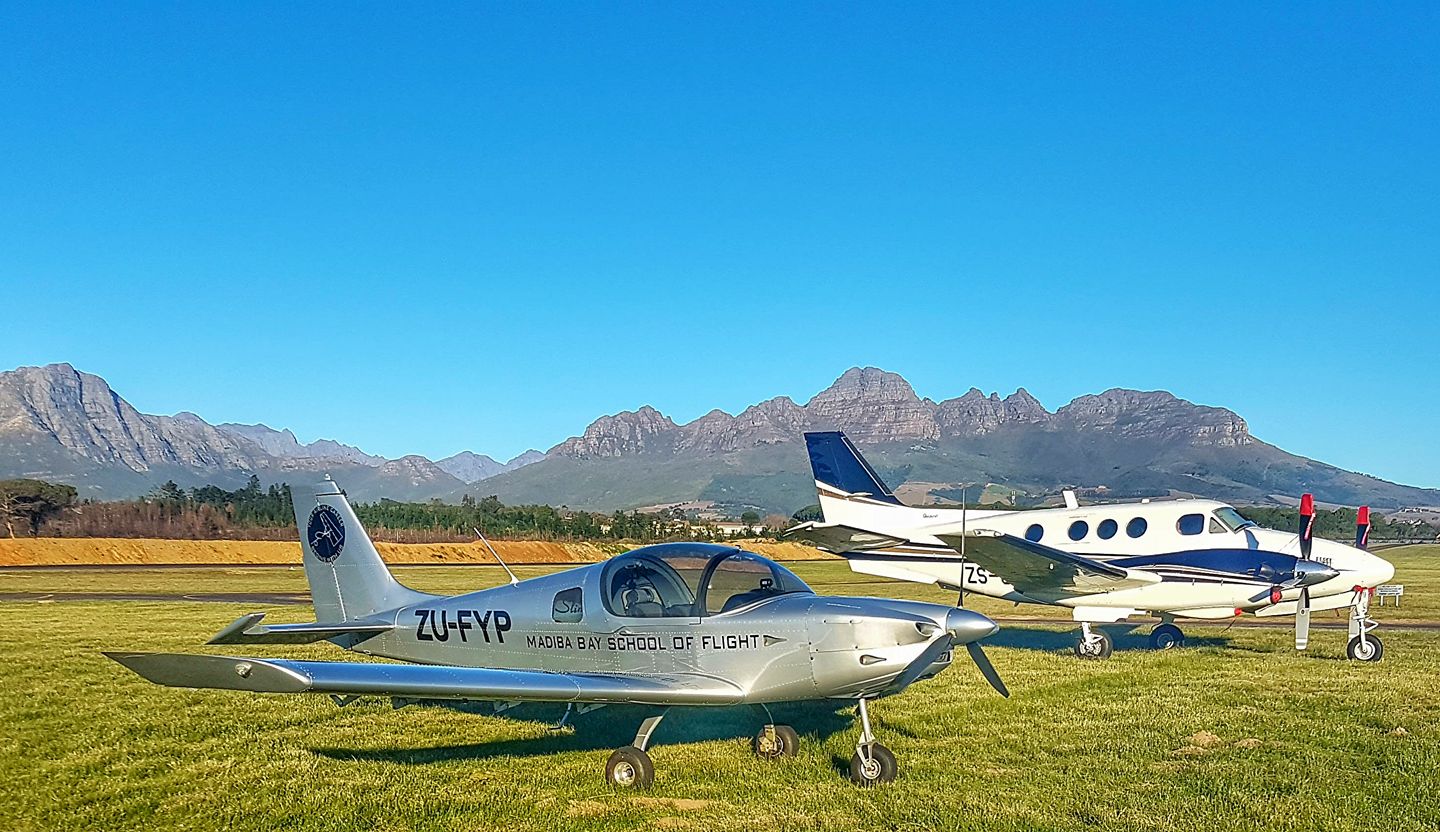Obtaining a Commercial Pilot License (CPL) is a dream for many aviation enthusiasts, as this license opens up vast career opportunities in aviation, whether in airlines, private air transport, or other aviation-related fields.
What is a Commercial Pilot License?
A Commercial Pilot License allows its holder to work as a pilot for pay, unlike a Private Pilot License (PPL), which grants the right to fly for personal purposes only. Under this license, a pilot can fly aircraft transporting passengers or cargo, and work in areas such as:
- Regional or international airlines.
- Tourist or recreational aviation.
- Rescue and air ambulance operations.
Requirements for Obtaining a Commercial Pilot License
1. Basic Requirements
- Age: The applicant must be at least 17 years old (in most countries).
- Educational Qualification: A high school diploma is required, with an aviation degree preferred.
- Medical Fitness: Obtain a Class 1 Medical Certificate from a physician approved by the Civil Aviation Authority.
2. Experience and Training
- Private Pilot License (PPL): Applicants must hold a private pilot license (PPL) before beginning commercial training.
- Flight Hours Required: Requirements vary between countries, but are typically:
- A minimum of 150-200 flight hours (including solo and navigational hours).
- At least 20 hours of instrument flight.
- At least 10 hours on a multi-engine aircraft.
- Passing Theoretical and Practical Tests:
- Theoretical tests include subjects such as:
- Aerodynamics.
- Meteorology.
- Air Navigation.
- Aircraft Systems.
- Aircraft Laws and Regulations.
- Practical Test (Checkride): This involves flying an aircraft under the supervision of a certified examiner.
Career Opportunities After Obtaining the License
After obtaining the Commercial Pilot License (CPL), pilots can:
- Work as a First Officer for airlines.
- Specialize in fields such as agricultural or recreational aviation.
- Complete training to obtain an Airline Transport Pilot License (ATPL) to work as a captain.
Conclusion
A commercial pilot license is an essential step toward professional aviation. It requires a significant commitment of time, money, and effort. However, it remains one of the most exciting and highly regarded professions in the world, offering pilots the opportunity to travel and earn a living from their passion for aviation.
If you aspire to enter this field, start by obtaining a private pilot license, then continue training to achieve your dream of becoming a professional commercial pilot!
